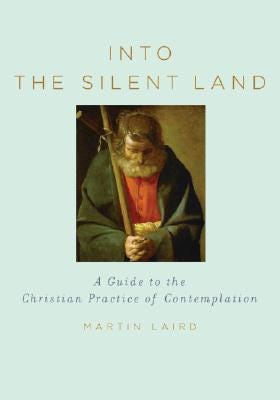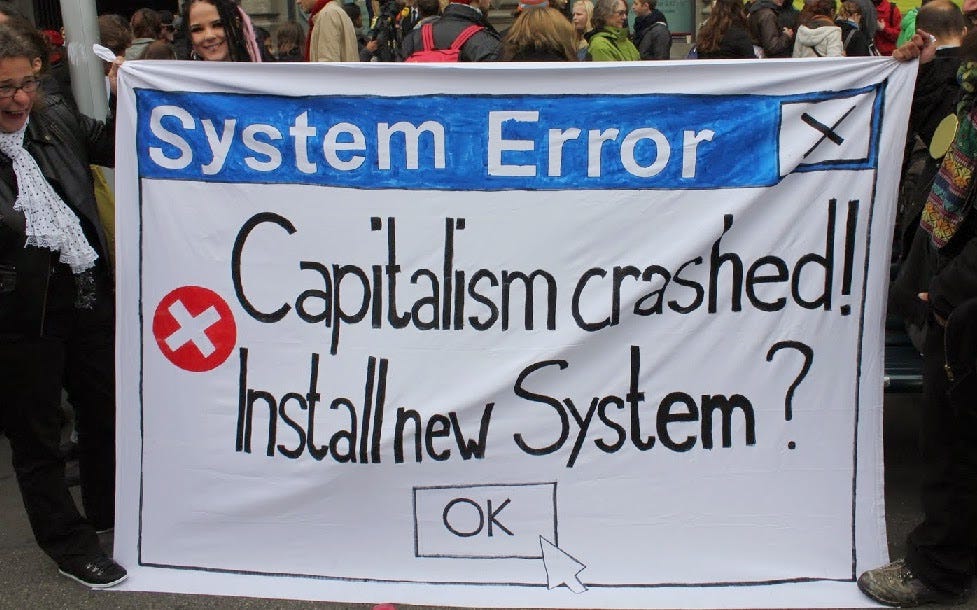How I stayed a Christian in my twenties
On the first day of the year, we hosted an “Ask Me Anything” at our Sunday meeting. This time we were thinking about the future and thinking about 2017, specifically. I wanted to create a mutual environment where any question could be asked and the group itself would answer. Everyone has something they can contribute (and I brought what I could too). It was a good time. I was grateful for the earnest questions, the vulnerable dialogue, and also the wisdom we shared. A few questions got me thinking about how to be a Christian for the long haul, so I thought I’d share some stuff I said on Sunday and stuff I’ve thought of since then. I’m not very old, but I have stayed a Christian through a decade of adulthood. Here are some ways I did it.
I started to develop an interior life. That’s a hard thing to do when you’re any age, but especially when you are

twenty. I remember taking my first “personal retreat.” I stayed at a hermitage totally unplugged for three days. That trip to Aston actually helped clear (and fill) my mind and heart for being a pastor. It wasn’t long after that retreat that Joshua asked me to plant a congregation with Circle of Hope. I was glad to begin to develop the discipline of an interior life with God. Praying, contemplating, even writing and reading, develop our insides which has a lot of external benefit too. It’s hard for someone with my attention span and even proclivity for outward appearances to get serious about something, so it requires focus and self-reflection. Some tools that helped me get there are Contemplative Prayer by Thomas Merton, Into the Silent Land by Martin Laird, as well as various prayer guides, including our own Daily Prayer (which I recommend subscribing to). If you want a list of places to go on retreat, check this page out. And here’s a guide for how to take one. Another great resource, for which I am indebted, and which deepened me is my time in psychotherapy at Circle Counseling. It cost some money, but really opened me up and gave me a lot of self-awareness, and internalized lessons that I still use today.
I resisted the traps of capitalist life. One of the biggest reasons I've noticed for a loss of faith is the enslavement of post-industrial late-capitalist life in the United States. People lose faith in a variety of political economies, but this is the one I know. You get married, have kids, get a house, get in debt, go to graduate school, try to survive in the demanding economy, just to give your kids the chance of doing the same stuff once more. We don't have time for faith because it just doesn't help pay the bills. And honesty, a lot of churches are peddling products that aren't very appealing to consumers. In my twenties, I was a high school teacher. To be honest, I wasn’t a very good one. I did the best I could, but at the end of the day, I knew it wasn’t success in the classroom that completed

me. It was Jesus. That sort of idealistic thought goes a long way, in a world that tries to kill it with “pragmatism.” Want another book recommendation? Check out The Economy of Desire by Daniel Bell.
I stayed in community. This might go without saying, but staying in community was probably the most important thing I did for my faith. Not only does Circle of Hope give me a context and an environment to be love and to be loved, it gives me a chance to do the work that God has given me to do. The best part of the community is its mission of inclusion and discipleship. And it’s reciprocal—the best parts of the mission is the community that is so hard to find in this isolated day and age. I was welcomed so fervently into Circle of Hope that I had to return the favor. My community was there for me in my hardest times and darkest seasons. I want do to the same for others. Hospitality is crucial for faith.
I listened to my mentors, as best as I could. Granted, there were plenty of times that I didn’t when I should have, but those failures caused me to trust the people that I believe God put into my life to help disciple me in the Way of Jesus. The two that come to mind right now are Rod and Joshua. In hindsight, I wish I listened better, but they cared enough about me to tell me the truth, but always in love. Like I said, sometimes I wasn’t humble enough to receive it, but when I did and I followed, they didn’t lead me astray. Even the humble posture was helpful, regardless of the “content” of the advice.
All of my mentors wear plaid.
I kept learning and studying and staying stimulated. World affairs and politics along with Bible study and philosophy are big hobbies of mine, so this wasn’t exactly the hardest thing to do. I like learning new things and expanding my mind (honestly, almost to a fault). Working my brain muscles helped me ask the right questions about the world around me. Reading the Bible in community further grounded my faith. And continuing to study helped my faith develop, as I did as a whole. I couldn’t hold on to the faith I grew up with, while learning all about the world and competing philosophies. I needed to keep my faith in shape. The faith I grew up with wouldn’t stand a chance against the postmodern onslaught of urban life. So I could either reduce my faith down to a tiny artifact in my preoccupied life, or augment it with good resources that kept me thinking and learning. I’m grateful that my hobby bore me some real fruit (and hopefully don’t bore you too much).
One more word. At the end of his life when Paul was instructing Timothy, he boasted about merely keeping his faith. Keeping your faith is so hard to do that even after the historic life of the Apostle Paul he hung his hat on just holding on to his faith in a world that is constantly trying to pry your fingers from it. I hope my thoughts help you hold onto yours. Let me know how else I can help.

